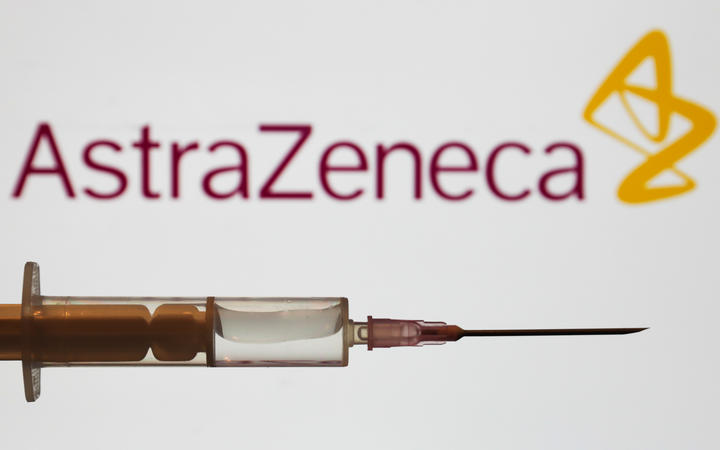RIO DE JANEIRO, BRAZIL – The British pharmaceutical group AstraZeneca said it has found, after further research, “the winning formula” for its vaccine against Covid-19 developed with Oxford University, which the British regulatory agency should comment on in the coming days.
In an interview with the Sunday Times newspaper, the pharmaceutical company’s CEO, Pascal Soriot, said that the immunizer ensured “100% protection” against serious forms of Covid-19. The vaccines developed by Pfizer/BioNTech and Moderna showed efficacy of 95% and 94%, respectively.

“We believe we have found the winning formula and how to achieve efficacy that, with two doses, is as high as the others,” CEO Pascal Soriot told the Sunday Times. In large-scale clinical trials preliminary results in the United Kingdom and Brazil, the British laboratory announced in November that its vaccine had an average efficacy of 70%, compared to Pfizer/BioNTech and Moderna’s rates of over 90%.
Behind this average result are major differences among two different protocols. The efficacy of the AstraZeneca/Oxford vaccine is of 90% for volunteers who were first administered half a dose, then a full dose one month later; however, the rate drops to 62% in the group administered two full doses.
These results were criticized because of a mistake in the half dose injection, although a relatively small group followed this protocol. The company later announced that its vaccine required “additional studies”.
The Oxford/AstraZeneca vaccine is much awaited because it is relatively inexpensive and does not need to be stored at temperatures as low as Pfizer/BioNTech’s, which should be kept at -70°C. This eases large-scale vaccination in nursing homes and elsewhere. The Ministry of Health expects to receive 100.4 million doses of the Oxford immunizer, out of an overall total of 258.4 million doses of different vaccines.
The UK was the first western country to start administering doses of the Pfizer/BioNTech vaccine in early December. The second Oxford/AstraZeneca vaccine is a hope to put an end to the rise in cases attributed to the new coronavirus variant. In view of this mutation, “we believe that the vaccine should continue to be effective for now,” said Pascal Soriot. “But we can’t be sure, so we will conduct some tests.”
He assured that new versions of the vaccine are being prepared should the immunizer not be effective against the new covid-19 strain. However, Soriot said he hoped they would not need them: “We must be prepared.”
The UK government said on Wednesday that it has submitted the full Oxford/AstraZeneca vaccine data to the UK’s MHRA health regulator. According to the British press, the agency will be required to comment in the coming days, in order to start vaccination on January 4th.

